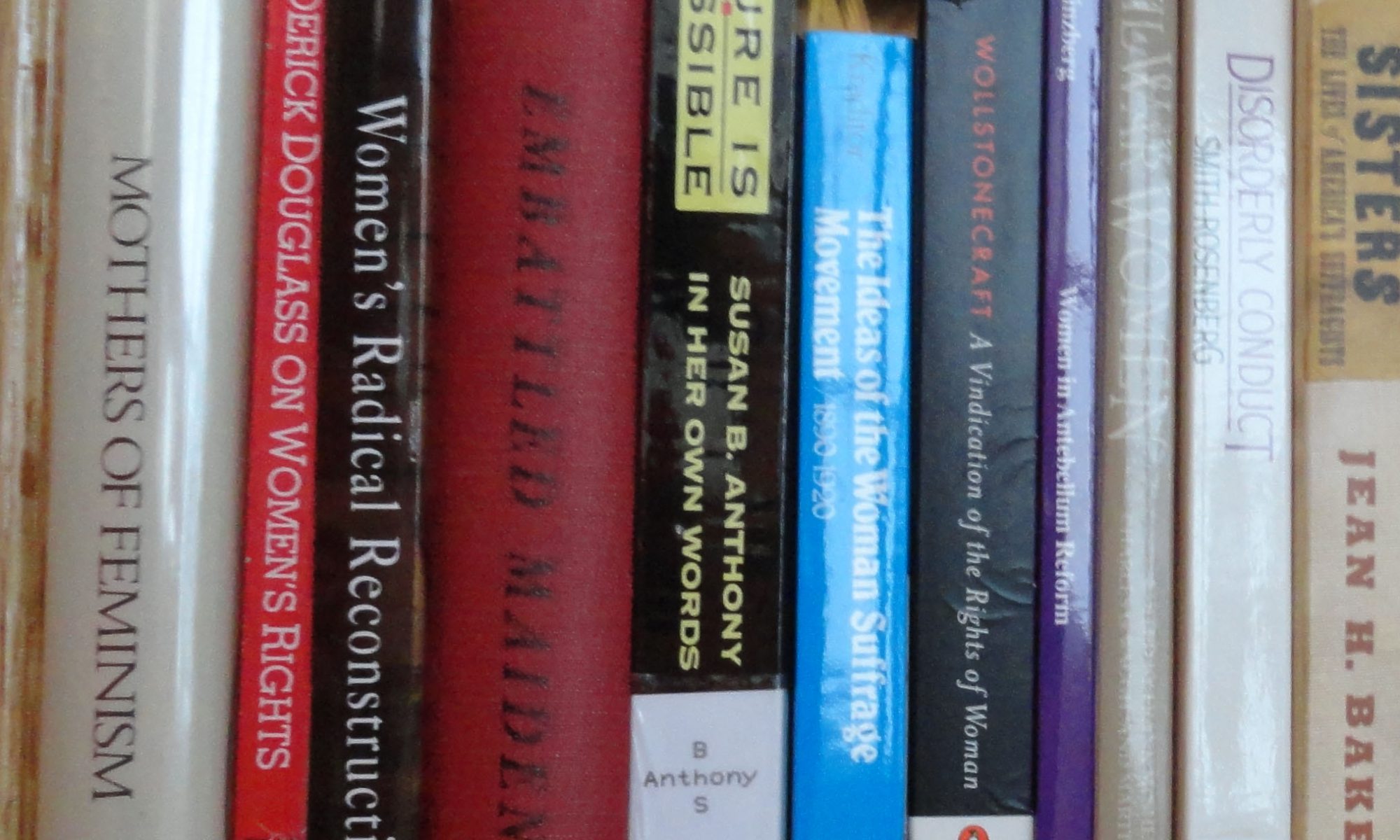Harriet Tubman (1822-1913) was recognized as a hero in her own day. An escaped slave, she repeatedly went back to the south and led other slaves to freedom, saving thousands. Outspoken and fearless, she was a passionate and influential speaker in both the abolitionist movement and in the fight for women's rights. It is very …
Continue reading "Harriet Tubman on Slavery is the Next Thing to Hell"




